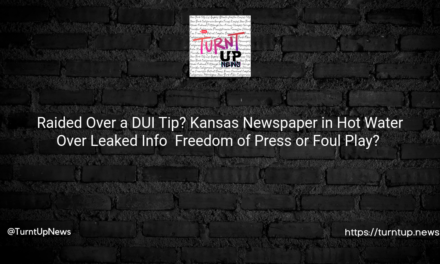🎵 Obama Vibes to Boygenius, but Lucy Dacus Says, “Hold Up!” 🚫✋
TL:DR; 😱 Ex-President jams out to Boygenius track, but Lucy Dacus hits back with a scorching remark. Is there more to the playlist than meets the eye? 🧐
Disclaimer: This article does not endorse or provide recommendations. The content and opinions are not reflective of Turnt Up News. Always make your own informed decisions. 🚫❗
Barack Obama, once the man running America and still quite the cultural influencer, recently revealed his current favorite jams. Among them was a track by the popular band, Boygenius. But wait…not all band members are flattered. 🎸😬
Lucy Dacus, one-third of the brilliant trio that forms Boygenius, reacted with a somewhat unexpected sentiment. While many musicians might be thrilled to have their track handpicked by a former U.S. president, Lucy labeled Obama a “war criminal.” Quite the change in tune, huh? 🎤🔥
One could argue that playlists and politics should remain separate. Yet, in today’s hyper-connected age, can they? 🌍💬 A simple song addition spirals into a discussion on the broader spectrum of the president’s actions and decisions. So, when your track makes it to a celebrity playlist, is it just about the music, or does it say something more? 🤔
This incident raises a myriad of questions about how artists view their music’s usage and the affiliations they’re comfortable with. Lucy’s sentiments might echo a broader sentiment of artists who feel their art is being appropriated for a narrative they don’t align with. But where’s the line? 🖍️
Take Taylor Swift, for instance. A few years ago, her music was employed without her consent in political campaigns. Was she thrilled? Not exactly. Swift highlighted how her art was her personal expression, not a tool to be used without her say-so. 🎵🚫
On the flip side, plenty of artists have shown pride in their songs being showcased by political figures they admire. It seems to boil down to personal beliefs and the alignment of values. What might be a badge of honor for one artist could be a mark of misappropriation for another. 😅🔄
And now, it’s over to you, dear reader. In an era where almost everything is political, should artists have a say in who vibes to their tunes? 🎧
And here’s a final thought to mull over – if a song is just a song until someone attaches meaning to it, who gets to decide that meaning: the artist, the listener, or the critic? 🤷♂️🎶





